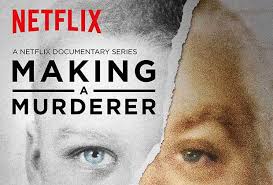
Virginia state Sen. Creigh Deeds has filed a $6 million wrongful death suit against mental health workers, New York’s governor is ordering local governments to take homeless individuals off the streets during frigid weather and mental health philanthropist Ted Stanley has died.
These three stories caught my eye this week. I’ve printed the Washington Post’s account of Deeds’ lawsuit at the end of this blog. Deeds is suing the state, the mental health agency that serves his community, and the mental health evaluator who failed to find a hospital bed for his son, Gus, who was sent home untreated. Gus attacked his father before killing himself. Mental health workers are understandably concerned about the suit.
Should a mental health provider and evaluator be held responsible for not providing treatment?
I am surprised that New York Governor Andrew M. Cuomo’s decision to force homeless people into shelters once the temperature drops to 32 degrees Fahrenheit or below isn’t getting much attention. “It’s about love. It’s about compassion. It’s about helping one another and basic human decency,” Cuomo told reporters.
That common sense compassion caused an uproar when New York Mayor Ed Koch announced in 1985 that he would begin taking homeless, mentally ill individuals off the street at night during freezing temperatures. New York’s American Civil Liberties Union sued for the release of Joyce Brown, a homeless, psychotic women who had been forcibly removed and hospitalized. She had spent more than a year living on a steam grate clad at times only in a cotton blouse and skirt with socks on her feet and a sheet wrapped around her body during frigid nights. Brown would rip up money she panhandled, run into traffic, and expose her bare buttocks and scream racial slurs and profanities. A New York judge ruled in favor of releasing Brown back to her steam grate, stating that Brown was “an experienced street professional” and therefore fully capable of being homeless. The city appealed that ruling and won, but the ACLU lawyers continued the fight and eventually Brown was ordered released. You can read an excellent account of that case in Madness in the Streets, by Rael Jean Isaac and Virginia C. Armat.






